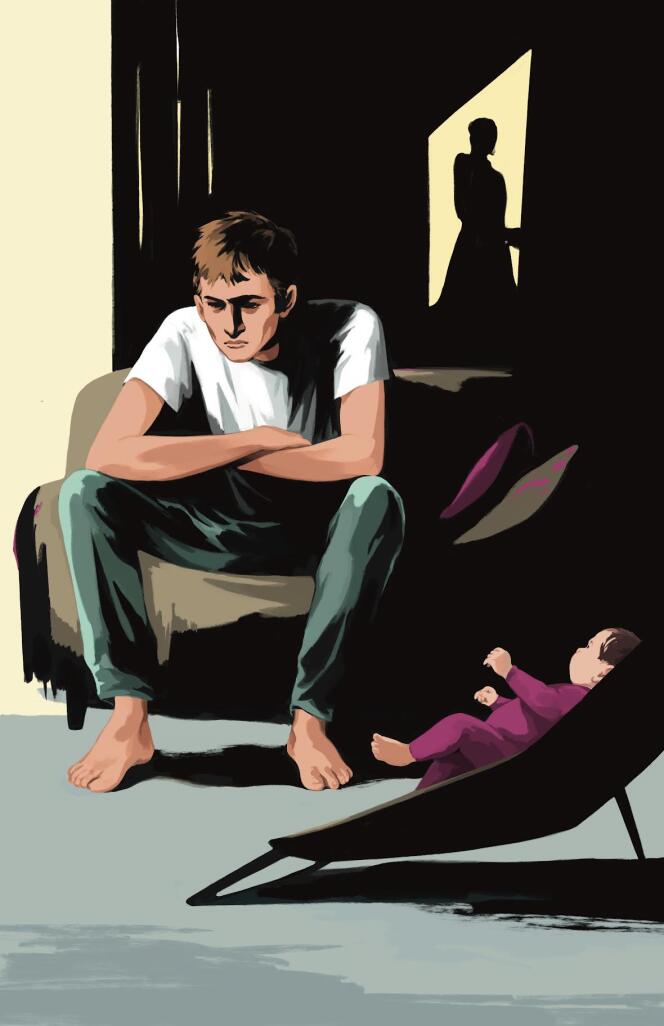
Vincent was overjoyed when his wife told him she was pregnant. Over the next few months, he bought a cot, went to the pharmacy as often as he needed to, and felt well-prepared. But when he was born in October 2021, he didn’t feel the “automatic love” he was expecting. The midwife slipped the baby into his arms and said, “This is your daughter. She will be with you for the rest of her life.” These innocuous but monumental words struck a chord with his young father. He confessed that from this moment on, he started going down the “slide.”
The 38-year-old man from the French city of Lyon, who wishes to remain anonymous, was born very prematurely. As a result, he suffered from cerebral palsy, severe gastrointestinal disease, and constant interaction with the medical community. When he had a child, his health issues took on a whole new dimension in his thinking. “I’ve been dealing with death since I was born, but this was the first time I was destined to die for someone else. I had a huge responsibility and was afraid that my body would give up on me forever. I said to myself, ‘I am.’ I’m going to die and leave her, I can’t be attached to her.”
When Vincent returned from the maternity ward, he told his mother all about the birth. “I said the nurses were great, the hospital was great.” Nothing about the baby, nothing about myself. “I became disconnected from my emotions.” When his wife came home, he couldn’t imagine the baby being home. The man, in his 30s, would normally be “lively and cheerful” and just sit slumped in his armchair. After a month and a half, his wife became mentally exhausted. She decided to consult a psychiatrist, whom her couple had met just before her birth. Doctors concluded that he was suffering from postpartum depression.
“I’ll never be a good father.”
At first Vincent didn’t believe it. He could have sworn that this disease only affected his mother. According to psychiatrist Romain Dugravier, this is not surprising given the lack of interest in the condition among men, both in public forums and in the scientific literature. “There are far more articles about depression in mothers than in fathers.” Head of the Department of the Paris Neuroscience University Hospitals Group (GHU Paris) and the Center of Perinatal Psychopathology (CPPB) of the Institut Paris-Brune.
But Vincent’s situation is not unique. The French Longitudinal Study (ELFE) cohort, which followed 18,000 children born in France in 2011, made it possible to estimate the prevalence of such cases. Postnatal depression is thought to affect 15% to 16% of mothers and 5% of fathers, according to research examining the impact of parental leave on parental mental health. was announced on lancet public health in January 2023. The Edinburgh Postnatal Depression Scale (EPDS) questionnaire was completed by 13,000 mothers and 11,000 fathers two months after birth.
You can read the remaining 58.21% of this article. The rest are exclusive to subscribers.

